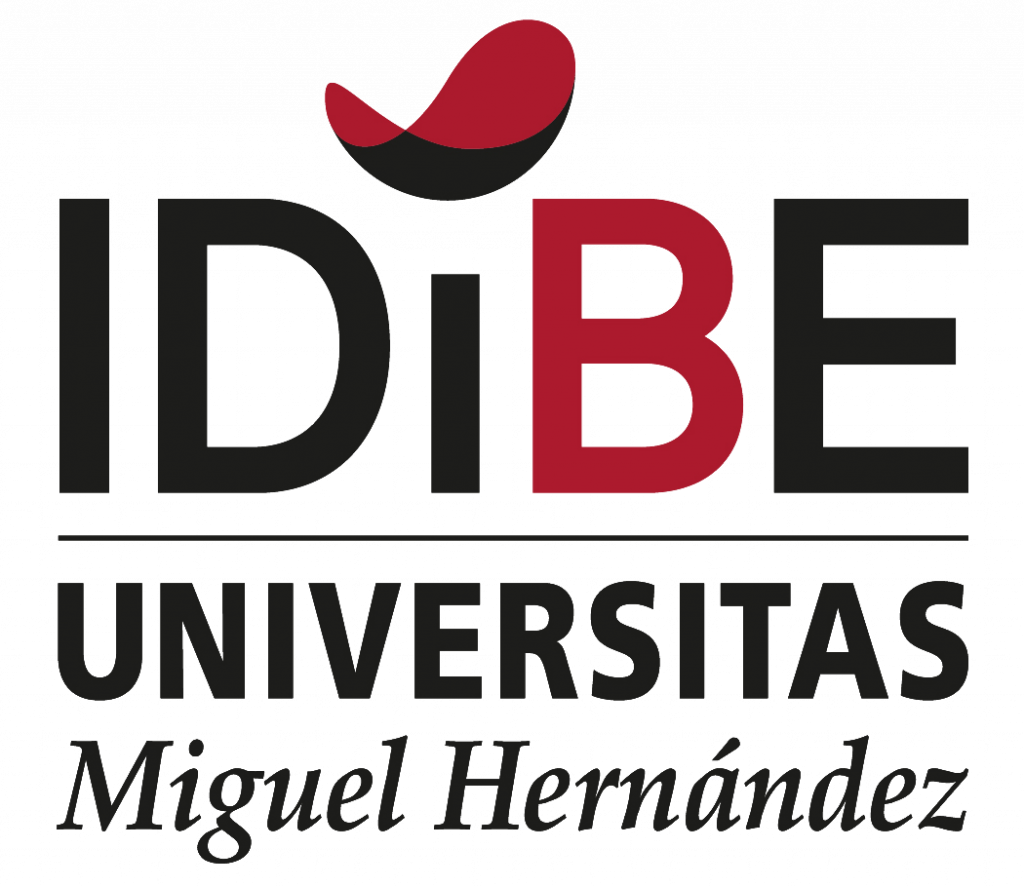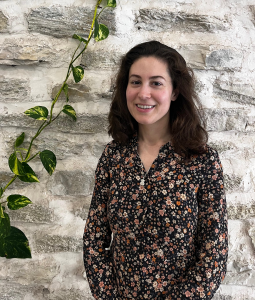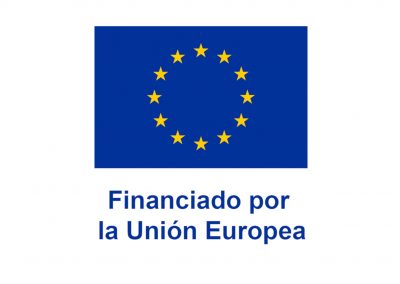Antiviral STRATEGIES
The Antiviral Strategies Unit is made up of various research groups that work from computing aspects to the development of DNA vaccines, and they do so both in viruses that affect humans, animals and aquaculture
ANTIVIRAL STRATEGIES IN AQUACULTURE
This line of research focuses on the development of new molecules with antiviral activity, as well as vaccines that can prevent or reduce the infection load. They work with study models such as zebrafish, rainbow trout and sea bass. The viruses under investigation are pancreatic necrosis virus (IPNV), spring carp viraemia virus (SVCV), viral hemorrhagic septicemia virus (VHSV), nerve necrosis virus (NNV) and salmonid alphavirus (SAV2). A fundamental part of his research is to deepen the knowledge of the innate and adaptive immune response to viral infection by fish. The ultimate goal of the group is to develop tools for the control of viral outbreaks in Aquaculture, both prophylactic (vaccines) and therapeutic (antiviral).
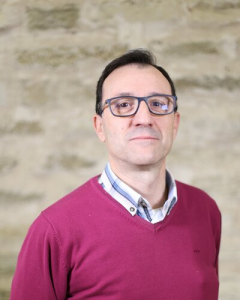
Luis Pérez
Principal investigator

Mª del Mar Ortega-Villaizán
Investigator
Other members of the group:
Yeray Kevin Cerpa Damas (predoc). ORCID: 0009-0009-0785-0415
Ainhoa Gómez Quintanilla (predoc).
ERYTHROCYTES IN ANTIVIRAL IMMUNOLOGY GROUP
Fish erythrocytes have been recognized as an important cellular mediator in the antiviral immune response. This group has focused its research on the study of the response of fish erythrocytes to viruses, vaccines and antiviral therapeutics with the aim of identifying new prophylactic and/or therapeutic targets that allow us to mitigate diseases caused by viruses in aquaculture.

Mª del Mar Ortega-Villaizán
Principal investigator
Other members of the group:
Verónica Chico Gras (postdoc). ORCID: 0000-0001-6983-2786
Jose Carlos Campos Sánchez (postdoc). ORCID: 0000-0003-0303-5412
Maria Salvador Mira (predoc). ORCID: 0000-0002-8877-2018
Celia García Quintanilla (predoc). ORCID: 0009-0005-2461-5637
Adrián López Murcia (predoc). ORCID: 0009-0002-0673-1069
More information: https://idibe.umh.es/research/red-blood-cells-antiviral-immunology/
ANTIVIRAL STRATEGIES AGAINST VIRUSES ENVELOPED THROUGH BIOCOMPUTING: DENGUE, ZIKA AND SARS
Our group is dedicated to the study of the structural proteins of the Dengue, Zika and SARS viruses with the aim of identifying their molecular mechanism and biological function, as well as the conformational changes that give rise to the fusion of the viral membranes and the host cell. To do this, we study the structure, conformation, and interactions between proteins and between proteins and membranes, both the plasma membrane and the late endosome, using high-resolution molecular dynamics, characterizing the biomolecular interactions in structural terms, studying the structure of the membranotropic segments and make a detailed study of the interaction, modulation and structure of these segments. At the same time, developing bioinformatics tools that, together with the studies described above, would allow us to find therapeutic targets and new state-of-the-art antivirals that will permit us to find leading compounds with which to improve combination therapies in order to fight against these diseases.

José Villalaín
Principal investigator
PROTEIN ARQUITECTURE LAB
The group´s expertise lies in the field of Protein Engineering by combining computational and experimental approaches for biochemical, biophysics and structural characterization of macromolecules and their interactions with proteins, peptides and small molecules of a different nature. The group aims to unravel the molecular mechanisms of key proteins involved in different signaling pathways, recognition and fusion processes applied to different areas of biotechnology. One of the main objectives of the group is the design of peptides and/or small molecules with antiviral properties able to inhibit fusion processes and cell invasion. Besides that, the group is interested on protein folding and misfolding (amyloids) behind diseases.
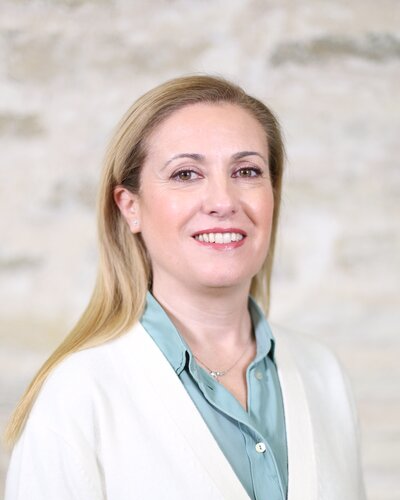
Ana María Fernández
Principal investigator
VIRAL IMMUNOLOGY & THERAPEUTICS LABORATORY GROUP
At the Viral Immunology & Therapeutics Laboratory we develop vaccines and biotechnological tools to predict and prevent infections of pathogenic viruses that lead to humans at different stages of development (during pregnancy, at birth, childhood, adulthood, and old age) or under circumstances special clinics (eg, organ transplant patients). For this, we use platforms based on nucleic acids (DNA and RNA) and new forms of data analysis such as machine learning that increase the possibilities for the application of new ideas in this field. Our current effort is focused on human herpesviruses and paediatric respiratory viruses. However, we are open to new lines of research in collaboration with other researchers, clinicians and the biopharmaceutical industry.

Pablo García
Principal investigator
HEROIC, HERPESVIRUS OPTIMAL INTERVENTION FOR A CURE
Herpesviruses lack a definitive cure and are responsible for clinically relevant diseases worldwide. With the ultimate goal of completely eliminating viral genomes and curing persistent infections, my research focuses on discovering novel drugs that can enhance strategic endogenous defences against viral obstruction. We integrate cell culture and molecular virology techniques with bioinformatics to address fundamental host-virus interaction questions, generating opportunities for future translational outcomes that aim to improve the quality of life and ageing.
